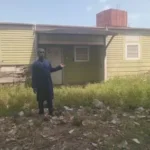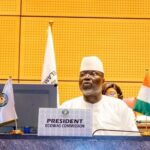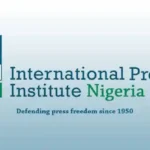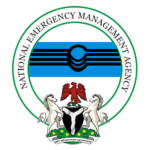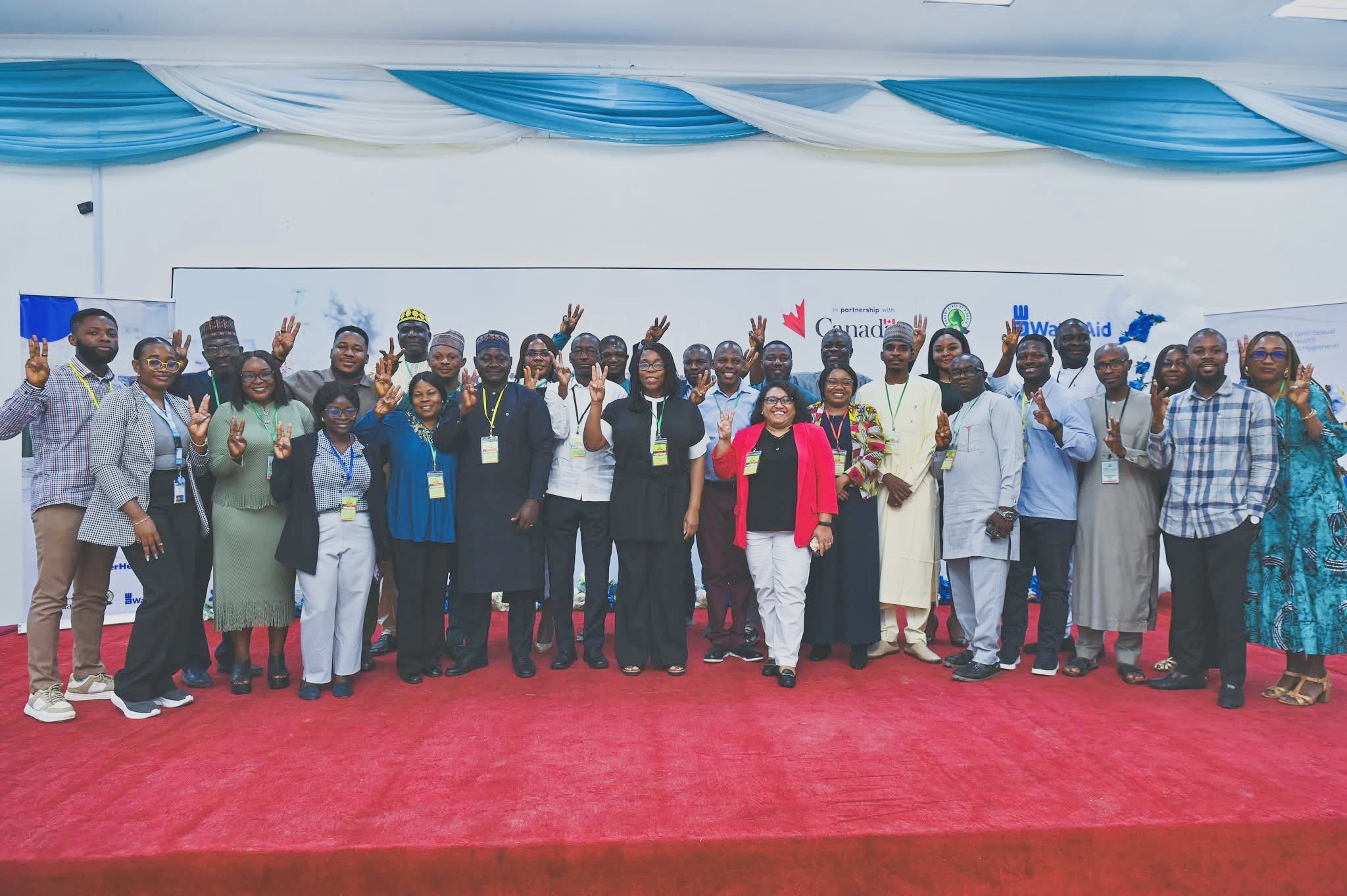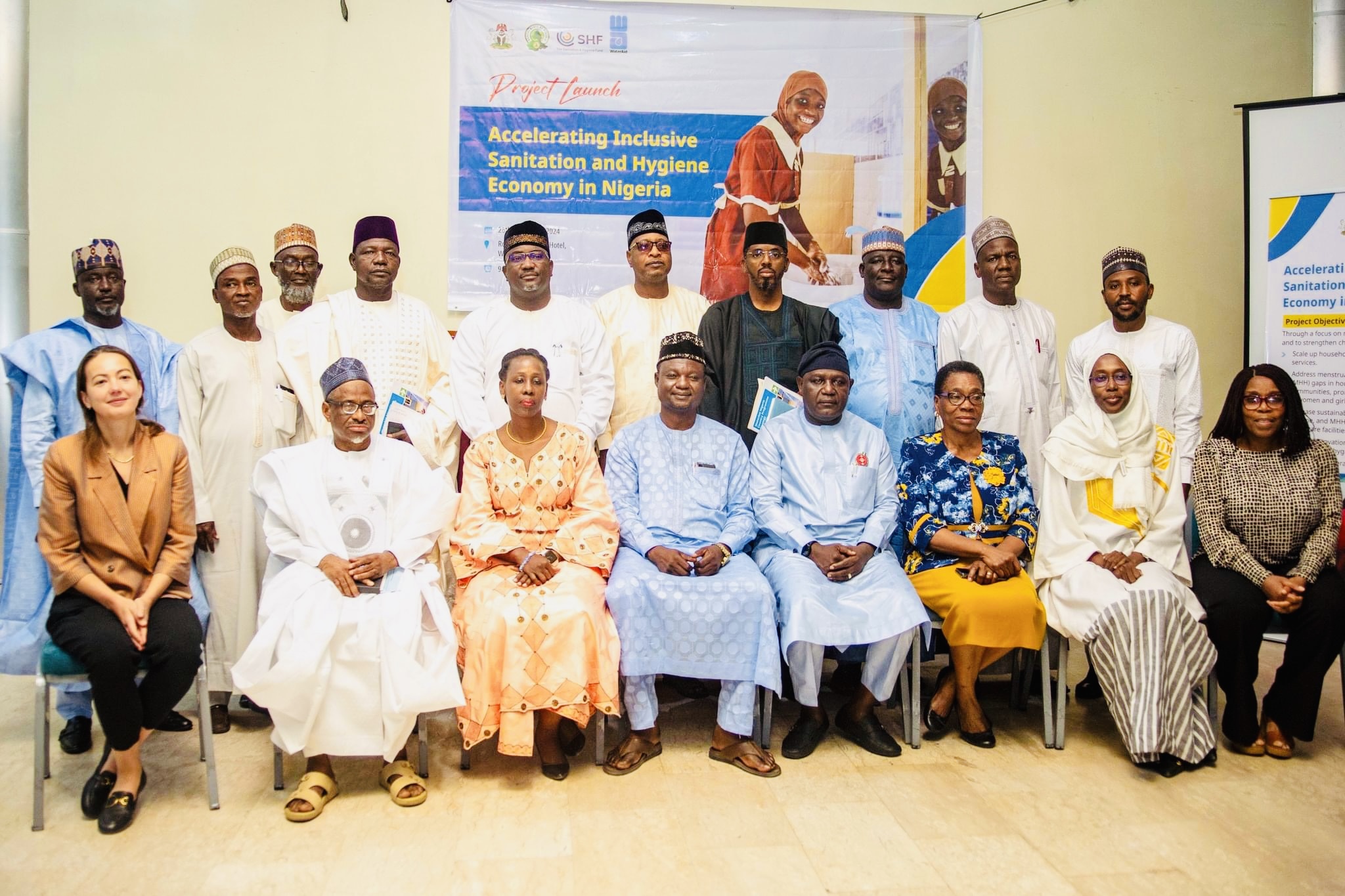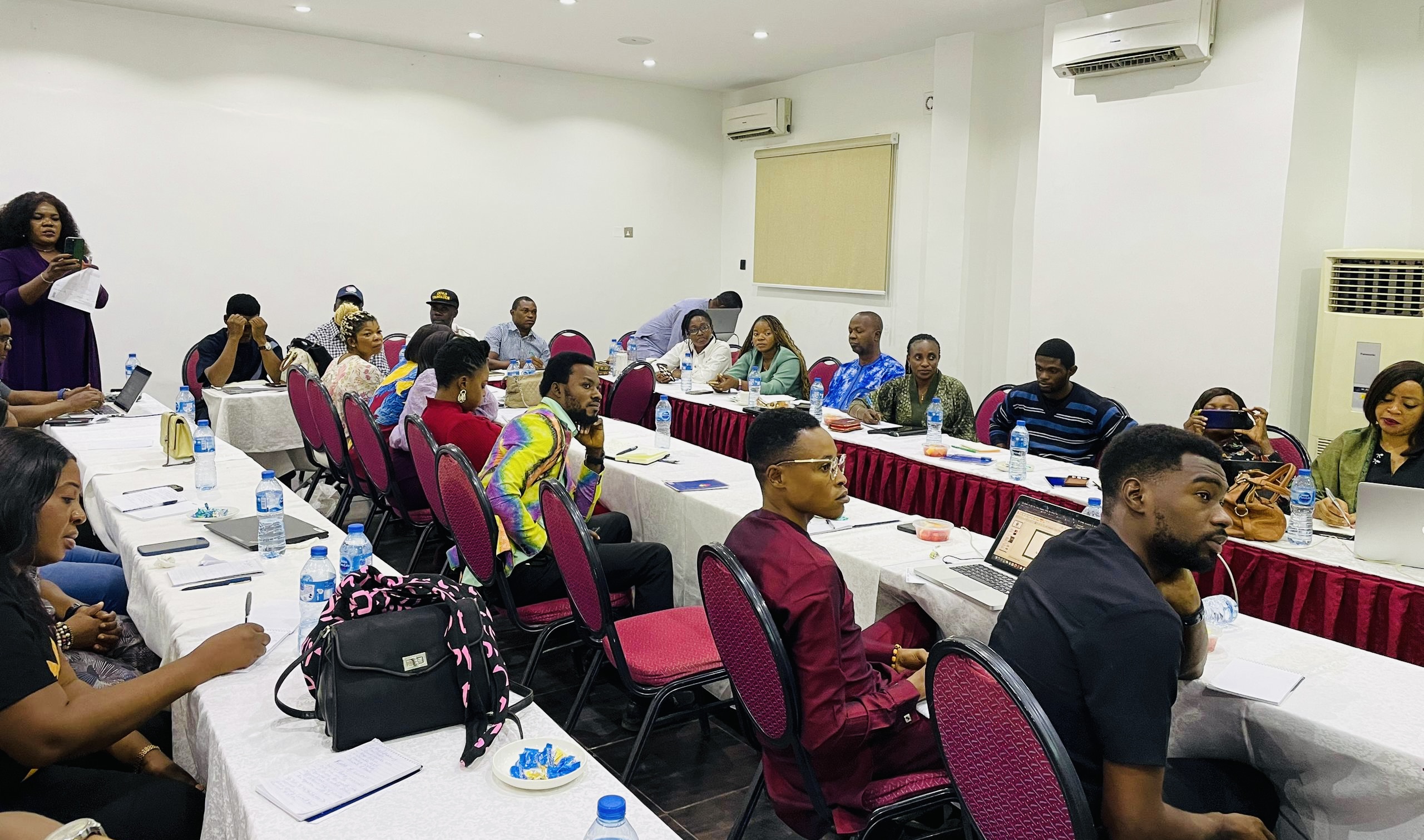WaterAid launches EmpowerHer project in 3 Bauchi LGAs
By Tosin Kolade WaterAid Nigeria, in collaboration with WaterAid Canada, on Monday launched a five-year project to improve access to Water, Sanitation and Hygiene (WASH) and sexual and reproductive health services for women and girls in Bauchi State. The project, tagged ‘EmpowerHer’, is funded by the Government of Canada throughContinue Reading




